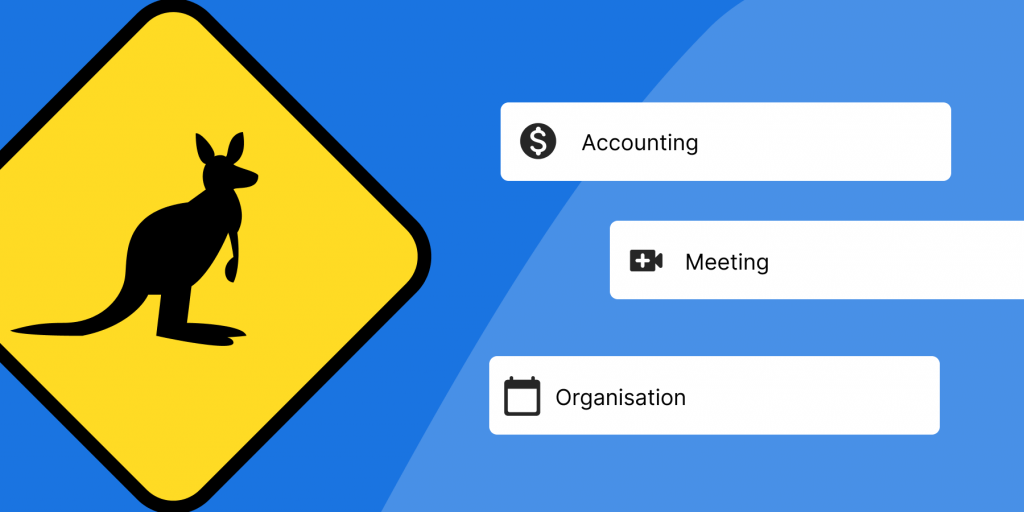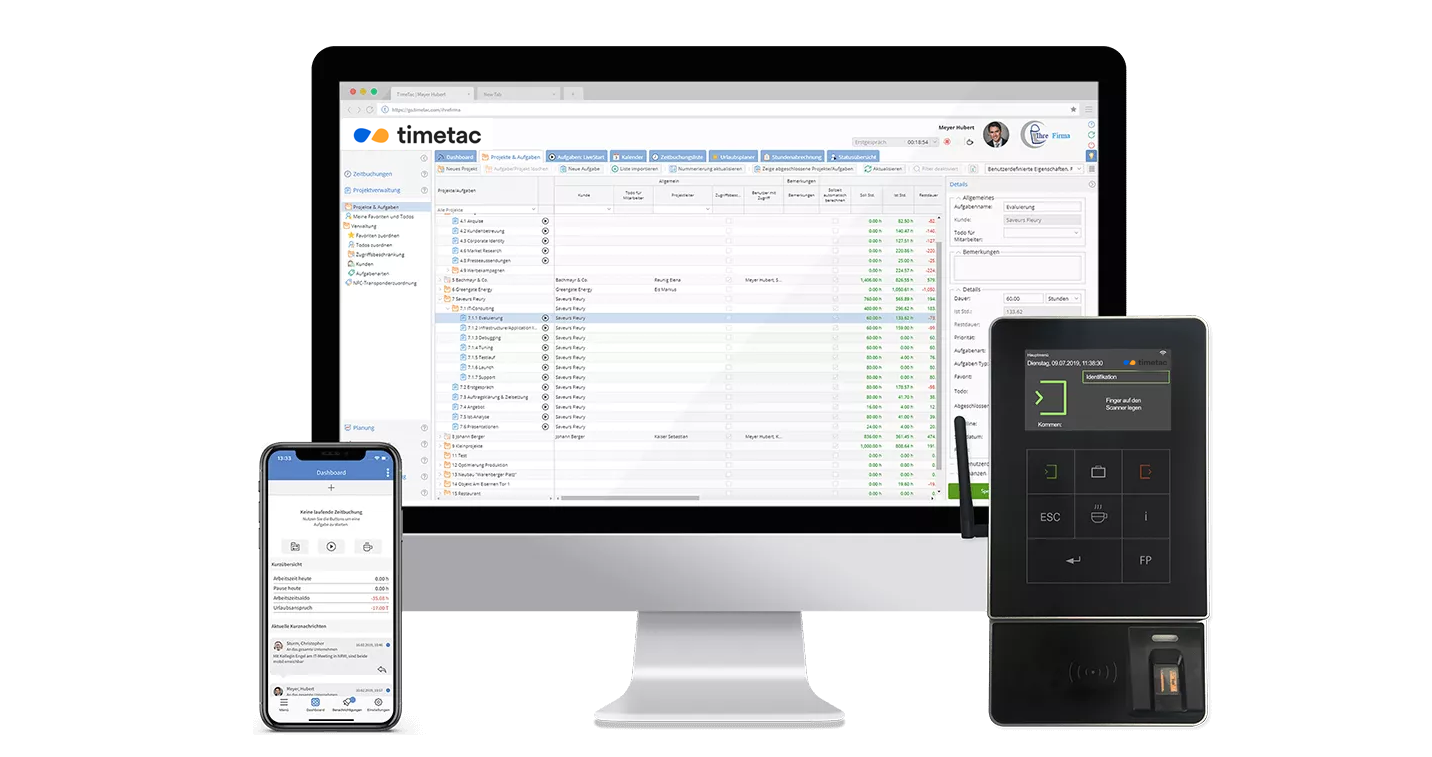Project Management Made Simple
by Gabriele Kaier, 16.01.2017
Do you find managing projects a challenge? Keith Robinson, a Lead Product Designer for Agile and Devops teams, is actually convinced that project management does not have to be complicated or time-consuming. Based on his long years of experience in managing projects, he has generated a simple methodology which will help you manage your projects faster and easier. All you need is a few minutes to read on.

Project Management – A Definition
Project management describes the planned and targeted handling of projects. The phases are project definition, project implementation, and project completion. The aim is that through proper planning, risks are limited, opportunities are exploited and project goals are achieved qualitatively, on time and within budget.
The Basics of Project Management
The basics of project management are pretty easy and mostly common sense. To sum things up: A complex project has to be broken down into measurable and manageable goals and tasks. Delegate the tasks and make sure that they get done right, on time, and within the planned resources. The tools you need are a good plan, a good team, clear expectations, good communication, a timeframe, feasible deadlines, an effective budget, etc. With a little thought, you will likely see that it’s pretty manageable. It is important to take enough time to plan and analyze your project before you even start. Keith Robinson suggests: “The idea is to work on the project, not for the project.”
1. The key to starting a project off right
Make sure that you and your team fully understand the project. Make a checklist and go through it, before you get going on a project. The idea is to get as much information as possible.
These 7 questions may help you:
- 1. What is the current project status? Potential problems, requirements, outcomes…
- 2. Why does your project make sense? Strategic importance, profitability, …
- 3. What has to be achieved?
- 4. Who are the stakeholders?
- 5. How can the milestones/goals be achieved?
- 6. Until when can these milestones/goals be achieved? What is the deadlines?
- 7. What is the budget for this project?
Setting your expectations is a key factor and it should be clearly done at the beginning of the project. It is very important that everyone in your team knows what is expected from them before you get started.
2. Clearly document your project
You need a detailed job order with the initial goals, requirements, scope, etc., which your client has to sign off. Everyone involved should read and fully understand the document.
3. Create a schedule
Create a schedule, concentrate on the high-level milestones and let those working on the project get into the details, because everyone works differently and has a preferred working style to manage tasks. Intervene only if the working method does not work or if the team members are unclear about what is expected of them. This builds trust and facilitates communication.
Two important things you have to observe:
- Let your clients know that if they miss an approval, you will be sliding the schedule out.
- A deadline is not a guideline, hitting your deadlines, chances are that everyone else will follow. If there is a change in scope or schedule, clearly reset expectations.
4. Communicate clearly and consistently
Being a good, clear and consistent communicator is essential for a successful project manager.
A good communication process entails:
- Weekly updates
- Making sure that everyone knows what to do at all times
- Being available for questions
- Regular communication with your team
Be honest and don´t try to hide any problems or malfunctions. In most cases clients understand that mistakes do happen. Keep problems out in the open so that everyone involved is on track.
5. Approach project changes in a flexible way
Every project can change along the way, you may forget to think about something or the scope may change. It is important to be able to deal with the changes when they do occur. When a client asks for something outside the original plan, try to be flexible. However, be sure to assess how it will affect the project overall. Communicate the new expectations and ask the client for a written sign-off on any major changes.
6. Make your tools work for you
There is a pool of tools including messaging, file sharing and time tracking tools to help you keep track of your projects. Use only the ones which are simple and easy to use. Find out what works for you and your teams.
Project Management Made Simple
TimeTac simplifies your projects through accurate time tracking.
Mehr Klarheit schaffen
Vereinbaren Sie jetzt ein Beratungsgespräch!TimeTac bietet ein einfaches nutzerfreundliches System.





